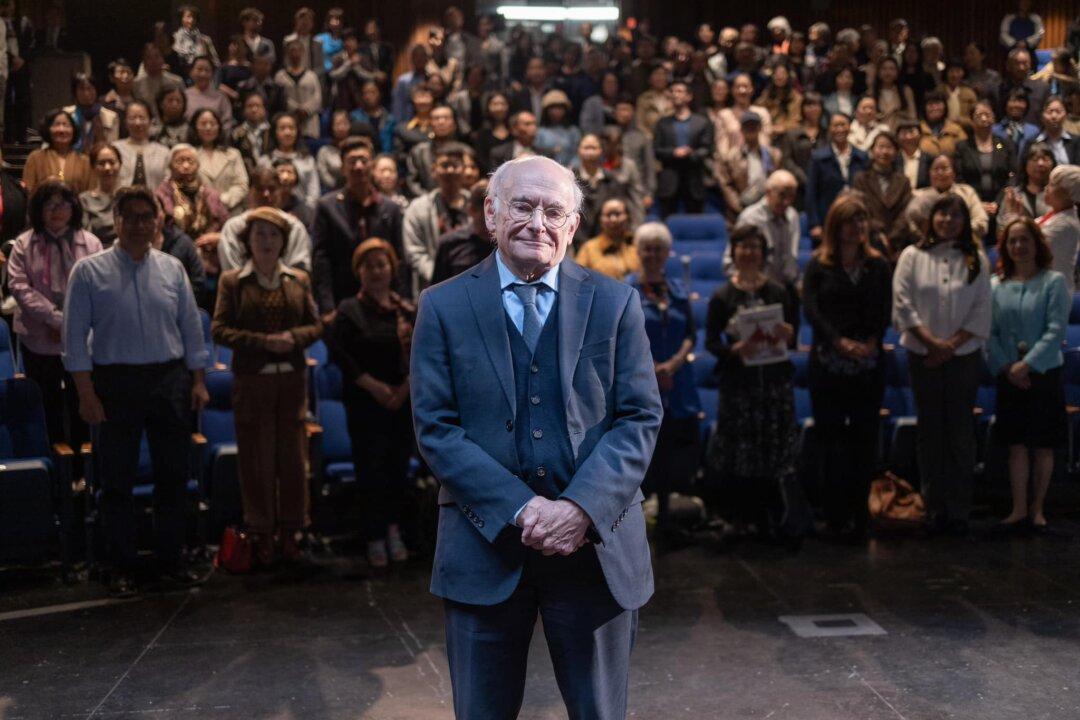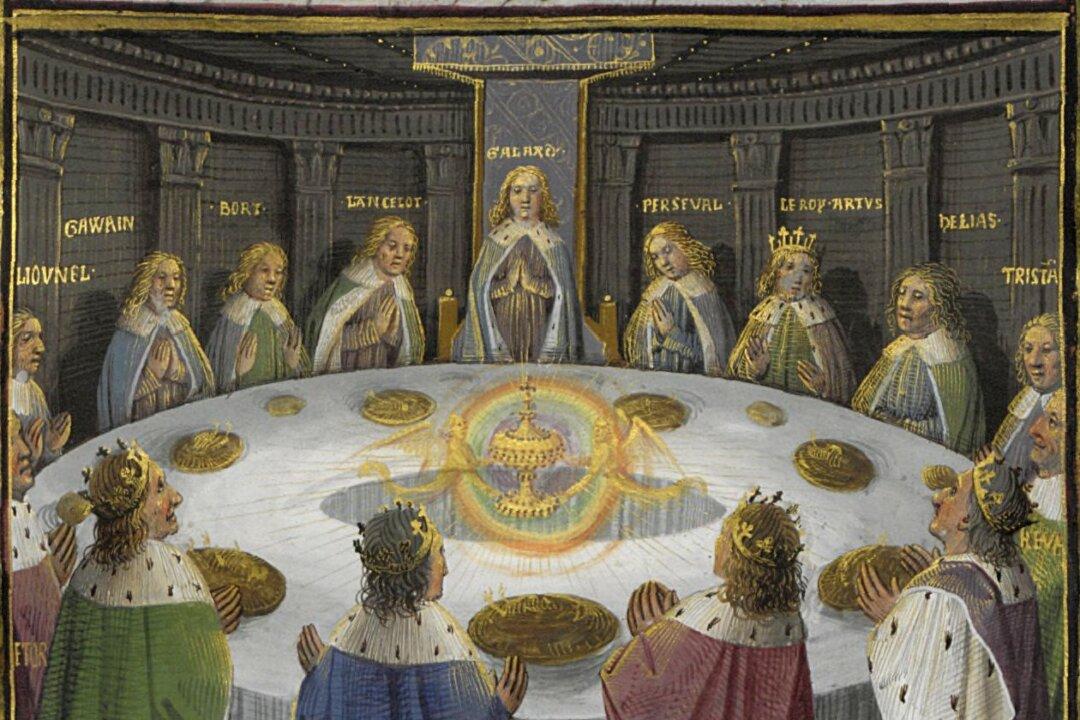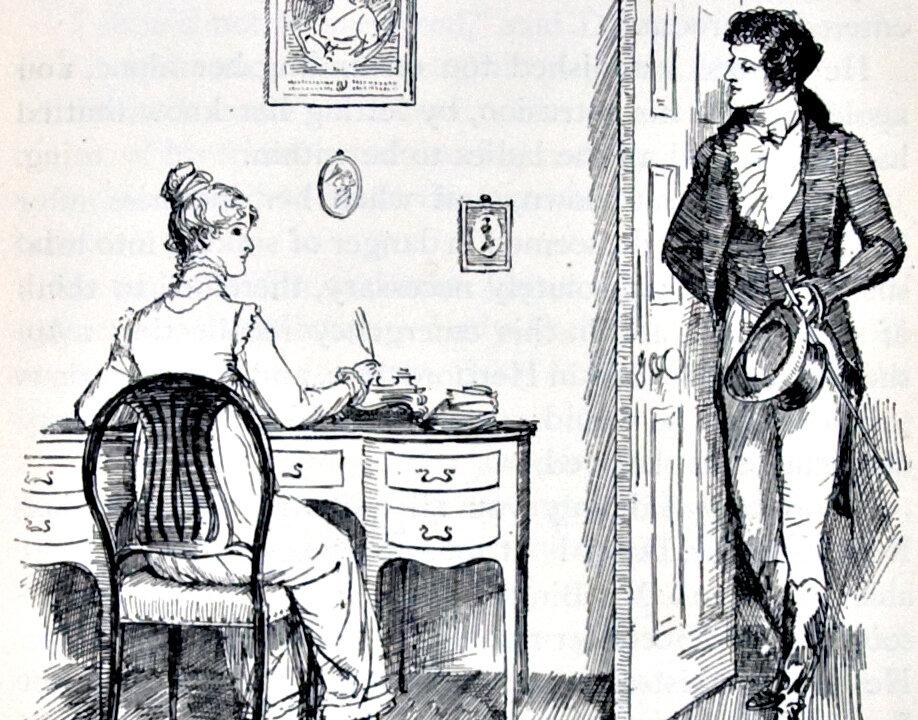TORONTO—What makes a work so popular that it endures at the top of the opera charts for over 160 years? According to soprano Joyce El-Khoury, it is the combination of superb music and insight into the human character, qualities that Giuseppe Verdi, one of opera’s most celebrated composers, married perfectly in “La Traviata.”
The young Canadian singer, renowned for her interpretation of Violetta, the opera’s heroine, is reprising the part for the Canadian Opera Company’s latest production, a role she shares with Russian soprano Ekaterina Siurina.
“I think people to this day still value beauty, and honesty of emotion. We’re in a digital age of course, but people still fundamentally need beauty and to be moved and to be transported and I think that’s what ‘La Traviata’ does,” says El-Khoury in explaining the opera’s enduring popularity.
The opera is based on the mid-19th century novel and play “The Lady with the Camellias” by Alexandre Dumas fils, which had been inspired by the author’s romance with a highly popular Parisian courtesan, Marie Duplessis. When it made its debut in 1853 at Venice’s La Fenice Theatre, it scandalized audiences with its depiction of contemporary decadence, particularly its daring to feature a courtesan, a fallen woman, in the lead role.
At its heart, however, “La Traviata” (literally meaning the one who has lost her way in Italian), is a sincere story of love and sacrifice set against a backdrop of societal prejudices.
“Verdi wrote a lot of grand operas and this opera is as verismo as Verdi gets because we’re not dealing with kings and queens, we’re dealing with real people in their home so it’s very intimate, and even though the emotions are huge … we get to feel like we can make a connection with these characters immediately,” says El-Khoury.






